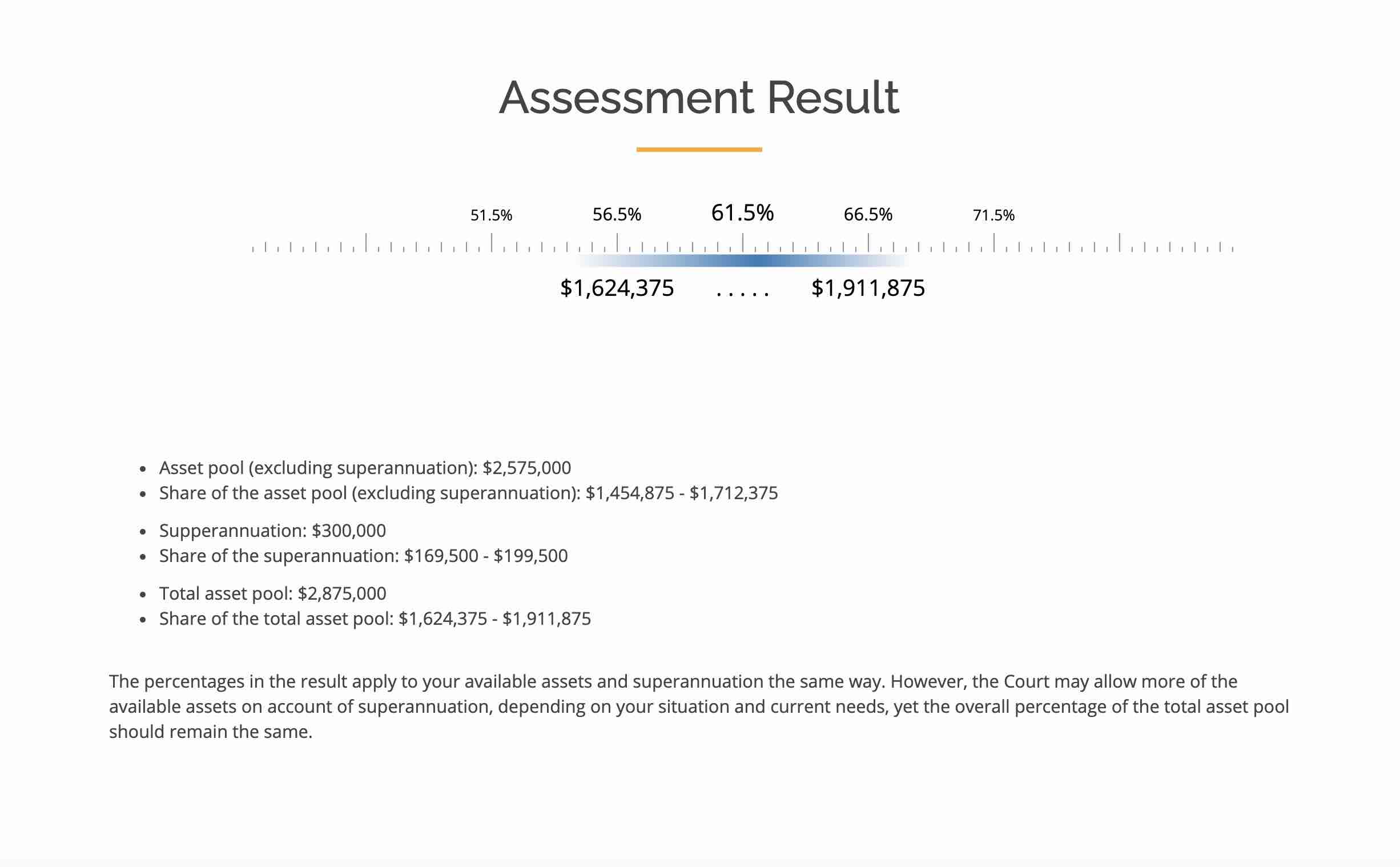Pre-nuptial agreements and financial agreements during relationship, are agreements made
between parties about how their property would be divided had they separated one day. They can
also preclude the parties from making claims for spousal maintenance. These financial agreements
do not deal with parenting matters of child support, they only deal with property matters and
spousal maintenance.
There are very strict rules about how pre-nuptial and financial agreements during relationships are to be executed in order for them to be binding and enforceable. The parties have to receive independent legal advice from a family lawyer before signing such agreements, as one of the conditions for those financial agreements to be binding and enforceable. You are unable to use the same family lawyer for both parties.
Pre-nuptial agreements and financial agreements during the relationship, do not have to be fair and reasonable in how they distribute the property at separation, as long as they were executed properly and are compliant with Family Law principles. The idea behind them is, generally speaking, that if the parties received proper legal advice from a family lawyer about their legal rights pursuant to Family Law, including proper disclosure of all their financial circumstances, and then based on that information reached an informed decision about how to divide their matrimonial asset pool between them in the event of separation, then parties were entitled to do so and the Family Courts would not interfere.
If a pre-nuptial agreements or financial agreement did not comply with all requirements, then it may be declared by the Family Courts as invalid or unenforceable. Such circumstances are described in the Family Law Act 1975, and include, amongst other things, situations where the financial agreement was executed by one party under duress, if one party did not receive proper legal advice before executing the financial agreement, if there was no proper financial disclosure by a party, if the financial agreement was obtained by fraud, if the financial agreement was entered into in order to defraud or defeat creditors, and other reasons as described in the Family Law Act 1975.
If any of the above circumstance may be applicable to you and you believe your pre-nuptial agreement or financial agreement during relationship may not be binding or enforceable, you should consult with a family lawyer about your rights and avenues available to you.
If you executed a pre-nuptial agreement or financial agreement during your relationship with your partner, whether you were married or in a de facto relationship, then such a financial agreement, as long as it is binding and enforceable, will govern how the property you own will be divided between you upon separation. In such a case, My Fair Share® is irrelevant for you and you should consult with a family lawyer to explain your rights to you.
If you want to check out what you may be entitled to if your financial agreement is declared invalid or unenforceable, then My Fair Share® can provide you with such estimate, as My Fair Share® was designed to review your circumstances in accordance with the principles of the Family Law Act and the case law which implemented those principles about what is ’just and equitable’ in the circumstances.
There are very strict rules about how pre-nuptial and financial agreements during relationships are to be executed in order for them to be binding and enforceable. The parties have to receive independent legal advice from a family lawyer before signing such agreements, as one of the conditions for those financial agreements to be binding and enforceable. You are unable to use the same family lawyer for both parties.
Pre-nuptial agreements and financial agreements during the relationship, do not have to be fair and reasonable in how they distribute the property at separation, as long as they were executed properly and are compliant with Family Law principles. The idea behind them is, generally speaking, that if the parties received proper legal advice from a family lawyer about their legal rights pursuant to Family Law, including proper disclosure of all their financial circumstances, and then based on that information reached an informed decision about how to divide their matrimonial asset pool between them in the event of separation, then parties were entitled to do so and the Family Courts would not interfere.
If a pre-nuptial agreements or financial agreement did not comply with all requirements, then it may be declared by the Family Courts as invalid or unenforceable. Such circumstances are described in the Family Law Act 1975, and include, amongst other things, situations where the financial agreement was executed by one party under duress, if one party did not receive proper legal advice before executing the financial agreement, if there was no proper financial disclosure by a party, if the financial agreement was obtained by fraud, if the financial agreement was entered into in order to defraud or defeat creditors, and other reasons as described in the Family Law Act 1975.
If any of the above circumstance may be applicable to you and you believe your pre-nuptial agreement or financial agreement during relationship may not be binding or enforceable, you should consult with a family lawyer about your rights and avenues available to you.
If you executed a pre-nuptial agreement or financial agreement during your relationship with your partner, whether you were married or in a de facto relationship, then such a financial agreement, as long as it is binding and enforceable, will govern how the property you own will be divided between you upon separation. In such a case, My Fair Share® is irrelevant for you and you should consult with a family lawyer to explain your rights to you.
If you want to check out what you may be entitled to if your financial agreement is declared invalid or unenforceable, then My Fair Share® can provide you with such estimate, as My Fair Share® was designed to review your circumstances in accordance with the principles of the Family Law Act and the case law which implemented those principles about what is ’just and equitable’ in the circumstances.






